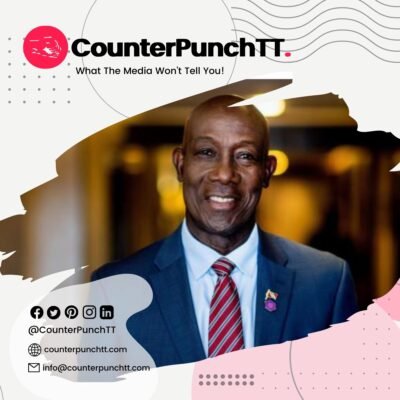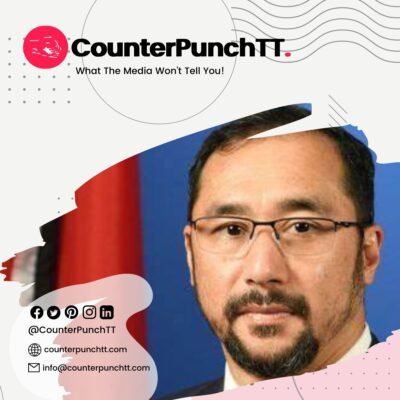MULTI-MILLION-DOLLAR business monopolies are being permitted in Trinidad and Tobago even as a United States court has ruled that Google is an illegal monopolist.
The pharmaceutical importation monopoly, which could arbitrarily jack up prices, has been raking in even larger profits since it took over the industry in 2021.
There are monopolies in cement manufacturing and other construction products and several other goods and services.
That is despite a Fair Trading Commission, a national agency whose job is to prevent businesses from shutting out competitors and becoming sole players in any sector.
The Commission has the power to ensure there are no restrictions against a person or company entering a market.
Under the Fair Trading Act, the Commission could step in when there are efforts to prevent or deter someone from engaging in competitive conduct.
Like several other independent institutions, the Commission has stayed silent amid unfair practices that lead to trading monopolies.
In most cases, these monopolies are owned by large local corporations that are dominating the economy.
The pharmaceutical monopolist has continued to expand through the purchase of regional business importers, thus having the sole authority to fix consumer prices.
In contrast, the ruling with respect to Google shows how business affairs are conducted in developed, well-managed societies.
“Google is a monopolist,” Justice Amit Mehta said in a 277-page ruling.
“It has acted as one to maintain its monopoly.”
The US Department of Justice had sued Google, which controls about 90 per cent of the online search market.
It was revealed that Google’s bosses had shelled out massive sums to ensure the search engine was the default system on major platforms.
The American authorities said Google pays more than US $10 billion a year for that privilege.
Google, in turn, earns many times that sum through advertising on the internet pages.
The prosecutors portrayed Google as bullying competitors to keep its illegal market monopoly.
US Attorney General Merrick Garland termed the court’s ruling “a historic win for the American people.”
The authorities have sued several other technology companies to strengthen competition in the industry.
Google has been fined billions of dollars in Europe for similar monopoly offences.
In T&T, the Fair Trading Commission is seen as a puppet of the Government, which has ignored monopolies even as hard-pressed consumers pay the price.
When the pharmaceutical monopoly was created, the Pharmacy Board expressed concern, but has since remained mum on the issue.
Hardware operators and consumers have spoken of the impact of the cement monopoly.
There are several other virtual monopolies.
A select few entrepreneurs are in the annual $7.3 billion food import business.
They have been branded a business cartel.
Prime Minister Dr. Keith Rowley has never addressed the matter, and once said that “we have to allow the rich to get richer.”
Monopolies have also been ignored by Finance Minister Colm Imbert, Trade and Industry Minister Paula Gopee-Scoon and Attorney General Reginald Armour.
But in the US, leading government officials stepped in to break the detrimental business effect of the Google monopoly.




